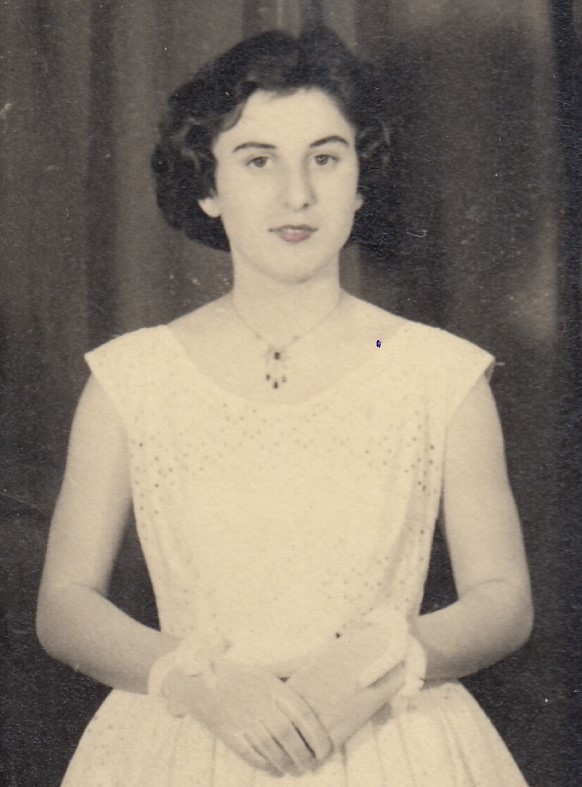I didn’t find out that my neighbor was informing on us until long after the revolution

Download image
Aloisie Gardavská was born on June 28, 1940 into a family of tradesmen, her father, Antonín Urválek, was a butcher in Kroměříž. In 1942, he was imprisoned in Kounice’s dormitories because of his brother, who had gone to fight in England. After the communist takeover, the family’s butcher shop was taken away and the father ended up in the mines. During her school years, the witness grew fond of her religion teacher, a nun who was later imprisoned for expressing sympathy toward victims of repression against the Catholic Church. She showed great courage by being the only one to write the nun a letter while she was in prison. Later, due to her family’s reputation among members of the Communist Party, the narrator struggled to find employment. Her husband, an economist in the army, lost his job after his brother emigrated to Switzerland. It wasn’t until many years after the Velvet Revolution that they discovered their neighbors had been informing on them. The narrator lived through the 1989 revolution and the subsequent split of Czechoslovakia while in Slovakia. She returned to Kroměříž in 1996, where she was still living in 2025 at the time of filming for Memory of Nations.












